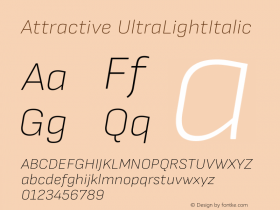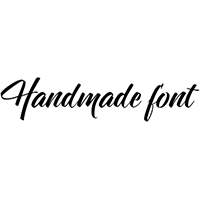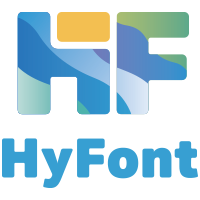Updated: Gove drops EBC plans for using EBacc to grade students and schools

Education secretary Michael Gove has announced in Parliament that he will abandon plans to replace some GCSE examinations for British children aged 15-16 with the EBC (English Baccalaureate Certificate).
The EBC is based on the current English Baccalaureate (EBacc), which has a focus on five key pillars – maths, science, English, humanities and languages – but not creative subjects such as art, design, music or drama (with Computer Science added only last week).
Gove's plans to introduce the EBC have been roundly criticised by MPs and many within the education system – as well as bringing together creatives to form the Adobe to us here at Digital Arts). While these campaigns have focussed on getting creative subjects into the EBacc – and therefore into the EBC – Gove's plans have been criticised as impractical, likely to penalise less-able students and being forced upon the education system too quickly by the independent exams watchdog Ofqual, the cross-party Education Select committee and school leaders.
Throwing away the envelope
Stephen Twigg, the shadow education secretary, told The Guardian: "It shows why he should have listened to business leaders, headteachers and experts in the first place and not come up with a plan on the back of an envelope."
When the news broke early this morning, it was predicted that the EBacc would still be used to grade schools for league tables – which many have predicted would lead to schools putting more resources into subjects within the five key pillars at the expense of those excluded, to the detriment of creative education.
However, Gove has confirmed that 'high-quality' creative subjects would count towards a new way that schools' peformance is judged. A headline figure will show performance in maths and English – and a secondary performance indicator based on eight GCSEs: maths, English, three subjects chosen from across sciences, languages, history and geography – plus three subjects from the wider curriculum, such as art, music or RE. More information on this can be found on the Secondary School Accountability Consultation document (PDF) published by Department for Education.
John Baron, Conservative MP for Basildon and Billericay, asked Gove to confirm that "we will not marginalise creative subjects at school."
"I'm happy to give him that assurance," said Gove. "The new accountability system that we're consulting on today will ensure that creative and artistic subjects – alongside high-quality vocational subjects – can take their place in making sure schools are graded appropriately."
"We will do everything we can, working with the Arts Council and others, to make sure they're high-quality."
Creatives celebrate
Response from the creative industry has been positive.
'This is fantastic news for the whole of the design industry and creative economy," says Joe Macleod, global design director at ustwo and coordinator of #includedesign campaign said. That Michael Gove is now listening to the 100 creative industry and education leaders who handed in a letter to Number 10 last week raising their serious concerns is a great step forwards. As an industry this gives us an opportunity to work with education leaders and the government to help support the shared vision of a world-class syllabus that offers students a fully rounded education.
"Without these changes to the EBacc, we would have lost the designers, architects and creativies of the future, as their talents would have been constricted by schools being pushed to prioritise an unnecessarily narrow range of subjects that reflected the past and not the future. The creative industries are worth more than £60 billion a year to the UK economy and it would have been a catastrophe if creative subjects such as design & technology had been lost from schools at Key Stage 4. Now we need to see the same breadth included at A Level too."
"We have always maintained that the omission of design and the wider arts in the Government's planned GCSE reforms was a fundamental flaw in the EBacc proposals," says Liz Wilkins, Adobe's senior marketing manager for UK education. "Today's U-turn is a huge victory on the part of the creative industries, who have campaigned through initiatives such as #includedesign and Baccforthefuture, for a revision of the plans, and will prevent future generations of students leaving school with a gaping hole in their secondary education.
"The creative industries constitute one of the fastest-growing sectors in the UK and the creative skills needed to be successful should be fully supported & embedded in both primary & secondary education. Our own research tells us that 77% of UK employers and University lecturers place a high value on creativity in school leavers, with 78% of people in the UK in agreement that creativity is key to driving economic growth. The UK is renowned for its creativity thanks to its successes in fashion, art, design, film, food and music, so providing all students with access to creative subjects is essential to our future economic success.
"A programme of study devoid of any arts tuition at all would threaten to stifle creativity further. And whilst there is still work to be done in ensuring young people leave school with the necessary skills that will make them an attractive hire for an employer, we're in a much better position to achieve that today than we were yesterday."
The Department for Education's document on responses to its proposal notes that "campaigns in support of arts subjects ... made up a significant proportion of the written responses that we received". Based on this and other concerns that the proposed EBacc wasn't broad enough, the DfE concluded that the exam system and curriculum must allow that "pupils should still be able to study a broad range of subjects that is appropriate to their interests and talents."

































 闽公网安备35010202000240号
闽公网安备35010202000240号